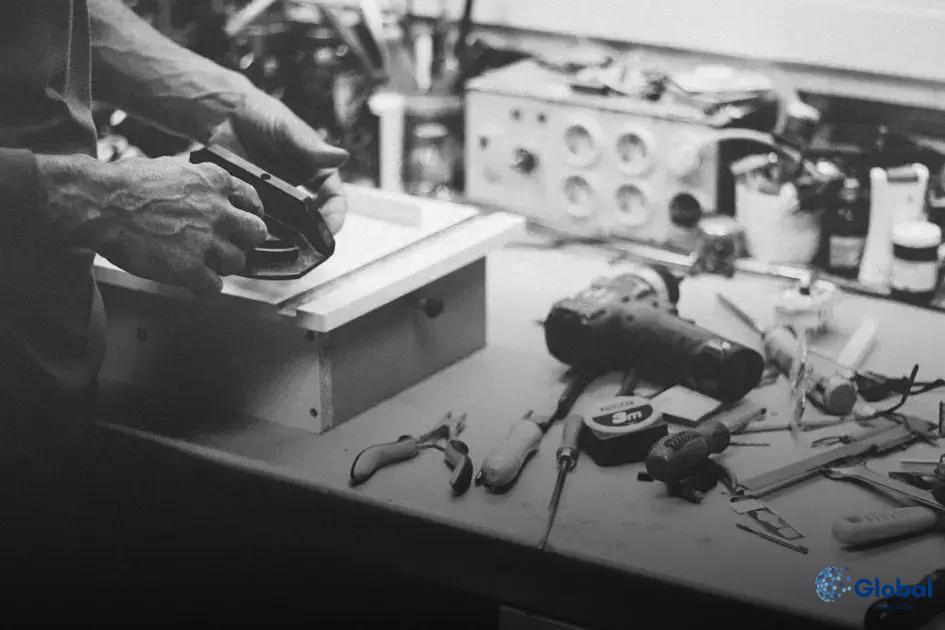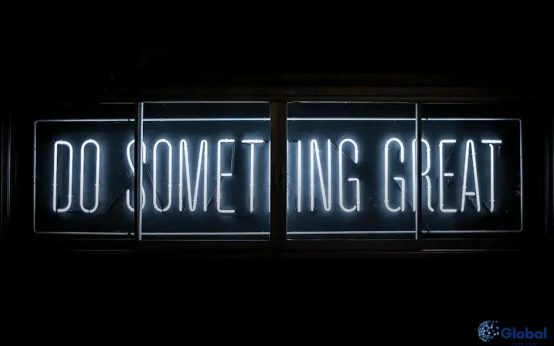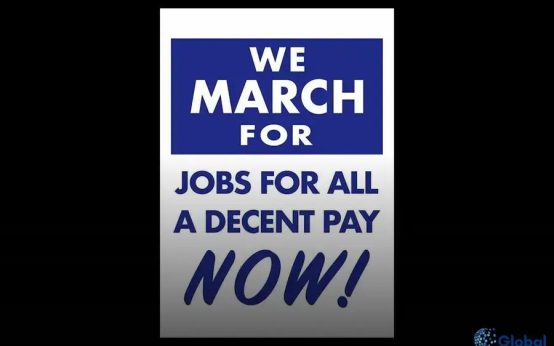Crafting a resume without experience can seem daunting, but it’s possible to create a compelling document that showcases your potential. Using strategic elements like a strong summary, highlighting transferable skills, and including any relevant volunteer work or internships can help you stand out. Additionally, emphasizing your education and customizing your resume for each job application increases your chances of getting noticed.
Start with a Strong Summary Statement
It’s crucial to start your resume with a powerful summary statement. This section should clearly present who you are and what you can offer, even if you lack formal job experience. Craft a summary that highlights your key skills and personal attributes.
Focus on your passion, motivation, and any related skills or experiences that can be applicable to the job you’re targeting. Use concise and impactful language. Emphasize traits that make you a strong candidate, such as being quick to learn, adaptable, or driven. This initial hook will grab the employer’s attention and encourage them to read further.
Remember, the goal of the summary is to create a strong first impression, setting the stage for the rest of your resume, where you can dive deeper into your skills and achievements.
Highlight Relevant Skills
When you’ve little or no professional experience, highlighting your skills becomes crucial in making your resume stand out. Focus on skills you’ve acquired through education, volunteering, or personal projects, as these can often be just as valuable as formal experience.
Consider breaking down your skills into categories, such as technical skills, interpersonal skills, and language proficiencies. For instance, if you’re proficient in software tools, these technical skills could be a significant asset. On the other hand, if you’ve strong interpersonal skills like leadership and communication, these can be equally impactful to mention.
Use bullet points to list these skills, and if possible, provide context on how you’ve applied them in real-life situations. For example, if you’ve strong organizational skills, mention any school projects or volunteer roles where you’ve successfully managed tasks or teams.
Additionally, consider any soft skills that you’ve enhanced through personal experiences, like critical thinking or problem-solving abilities developed through activities such as gaming or community service. Describing how these skills benefit potential employers can add substantial value to your resume.
Include Volunteer Work or Internships
When crafting a resume without significant professional experience, including volunteer work or internships can make a substantial difference. These positions can provide valuable opportunities to acquire and demonstrate skills relevant to your desired job. Highlighting such experiences not only fills gaps in your resume but also showcases your initiative and willingness to work hard in a professional environment.
Begin by listing any volunteer work or internships you’ve participated in. Include the organization’s name, your role, and the dates of service. Follow this with bullet points outlining your responsibilities and achievements. Focus on transferable skills such as teamwork, leadership, and problem-solving that are essential in most job roles.
For example, if you managed social media for a non-profit, this experience could demonstrate your ability to communicate effectively and manage tasks independently. Similarly, an internship in a tech company where you assisted in projects could highlight your technical capabilities and eagerness to learn.
Remember to align these experiences with the requirements of the job you are applying for. Matching your skills and accomplishments with the job description will increase your chances of catching the employer’s attention. Pay attention to the language and keywords used in the job listing and try to reflect them in your descriptions.
Volunteer work and internships are just as vital as paid positions when you are starting your career. They reflect your potential and dedication. Use this section wisely to construct a compelling narrative about your professional journey and aspirations.
Focus on Education and Certifications
In the absence of extensive work experience, emphasize your educational background and any certifications that can demonstrate your skills and dedication. Include the name of the institution, your degree or certification, and the years attended. If your GPA is strong, feel free to include it as well. It’s important to highlight coursework related to the job you’re applying for, as it can provide insights into your knowledge base and capabilities. If you’ve completed any special projects, mention these, emphasizing how they relate to the desired role.
Certifications are another powerful tool to showcase your commitment to learning and professional development. If you’ve participated in online courses from recognized platforms, list them here. Examples could include certifications in software programs, language proficiency, or any specialized skills relevant to the job. Remember to provide dates of completion, which can prove your up-to-date knowledge.
Furthermore, showcase any academic accolades or honors. These achievements, be it scholarships, dean’s list, or club memberships, highlight your dedication and can set you apart from others. Memberships in professional organizations or university clubs that relate to your field can showcase your active engagement in your area of interest.
If you participated in extracurricular activities, add them here, especially if they involved leadership roles. These experiences can demonstrate valuable soft skills such as teamwork, leadership, and problem solving, which are often as crucial as technical abilities in many job roles.
Tailor Your Resume for Each Job Application
Customizing your resume for each job application is crucial, even when you lack extensive work experience. Employers can quickly recognize a generic resume, so taking the time to adjust it for each role can significantly boost your chances of standing out.
The first step is to study the job description carefully. Identify the key skills and qualifications the employer is seeking. These might be technical skills, such as proficiency with specific software, or soft skills, like communication or teamwork.
Once identified, incorporate these keywords naturally into your resume. This not only makes your application pass through any Applicant Tracking System (ATS) but also demonstrates to hiring managers that you have tailored your application to their specific needs.
Ensure that your skills section is prominently highlighted, and mirrors the language found in the job listing. If you’re applying for a technical role, emphasize technical skills. For a role demanding interpersonal skills, highlight relevant volunteer or internship experiences.
Adjust your summary statement to reflect why your blend of skills, education, and other attributes makes you an ideal candidate for this specific job. Focus on presenting quantifiable achievements or experiences, where applicable, to strengthen your case.
Finally, consider modifying the order of sections based on the role. If applying for a position that values education highly, place your education section closer to the top. Conversely, if skills or experiences are more critical, lead with those sections.
By investing time in customizing your resume, you’re not only bettering your chances of landing an interview but also conveying a message of dedication and attention to detail to potential employers.




